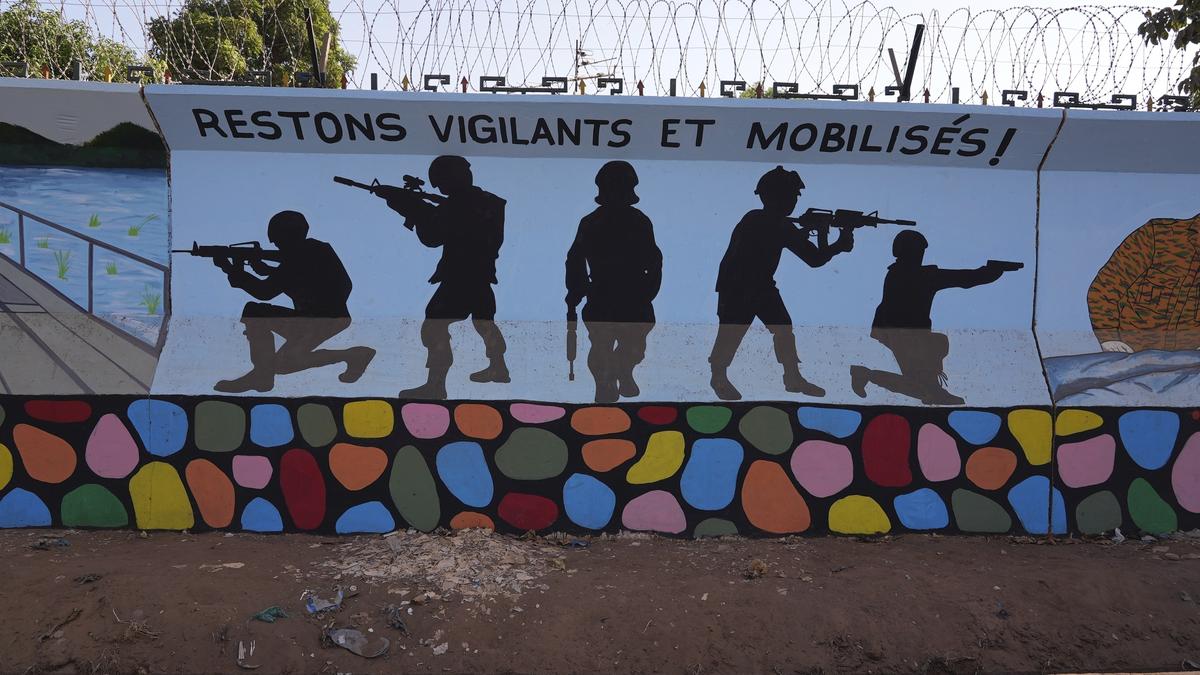Burkina Faso Junta Extends Rule Amid Democratic Concerns
Amid growing concerns of democratic backsliding, Burkina Faso’s ruling junta has announced an extension of their rule for an additional five years. The decision came after participants in national talks proposed a 60-month extension of the transition back to democracy, starting from July. While the military authorities initially seized power in a 2022 coup with a promise to hold elections this year, security concerns have taken precedence.
The new charter, signed by military leader Ibrahim Traore, outlines the transition period lasting 60 months from July 2. However, it also states that elections marking the end of the transition could be organized sooner if the security situation allows. This significant delay has raised worries about the state of democracy in West and Central Africa, where multiple coups have occurred in recent years.
In addition to the extension of rule, the charter also grants Traore the opportunity to run for president during the upcoming elections. The region has been plagued by violence fueled by conflicts with Islamist groups associated with al Qaeda and Islamic State, resulting in a surge of deadly attacks in Burkina Faso in 2023. The crisis-monitoring group ACLED reported over 8,000 fatalities in the country that year, highlighting the urgent need for stability and security in the region.
Democratic Transition Challenges in Burkina Faso
The decision to extend the junta’s rule in Burkina Faso has raised questions about the country’s democratic future. Despite initial promises of a swift return to civilian rule after the 2022 coup, security concerns have prompted a significant delay in the transition process. The military’s grip on power, coupled with ongoing violence in the region, poses challenges to the establishment of a stable and democratic government in Burkina Faso.
Regional Implications of Burkina Faso’s Political Situation
The political developments in Burkina Faso have broader implications for the stability of West and Central Africa. With a history of coups and ongoing conflicts with extremist groups, the region faces significant security challenges that are further exacerbated by political instability. The international community is closely monitoring the situation in Burkina Faso and its impact on the wider Sahel region, emphasizing the need for a peaceful and democratic resolution to the current crisis.
In conclusion, the decision to extend the junta’s rule in Burkina Faso underscores the complex challenges facing the country’s transition to democracy. As concerns about democratic backsliding and security risks persist, the region must work towards achieving stability and addressing the root causes of violence to ensure a peaceful and prosperous future for all its citizens.




